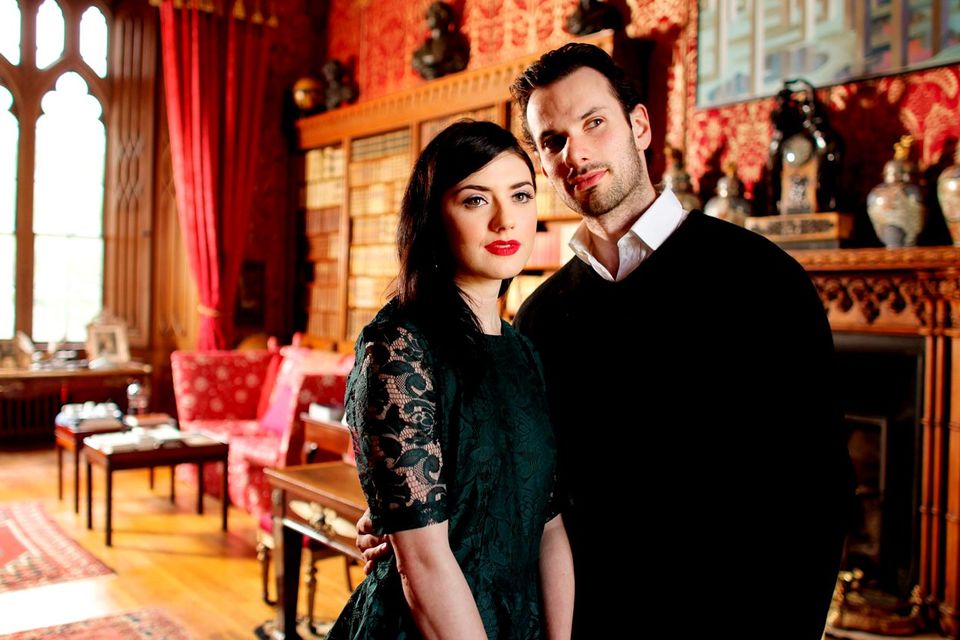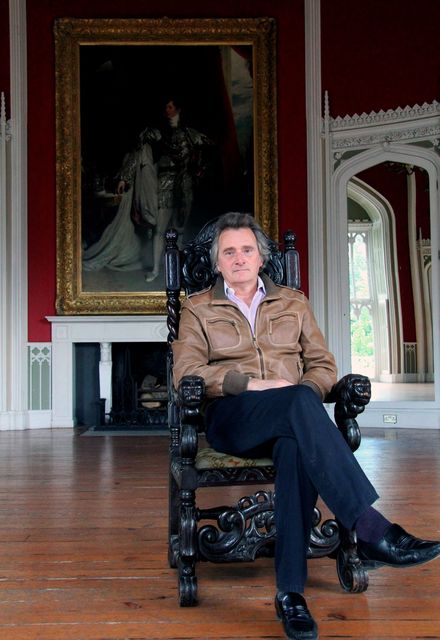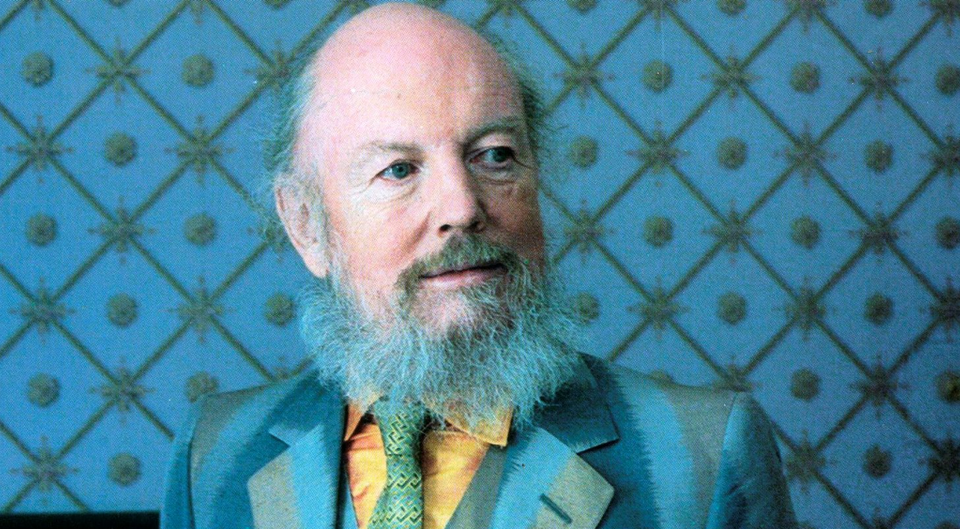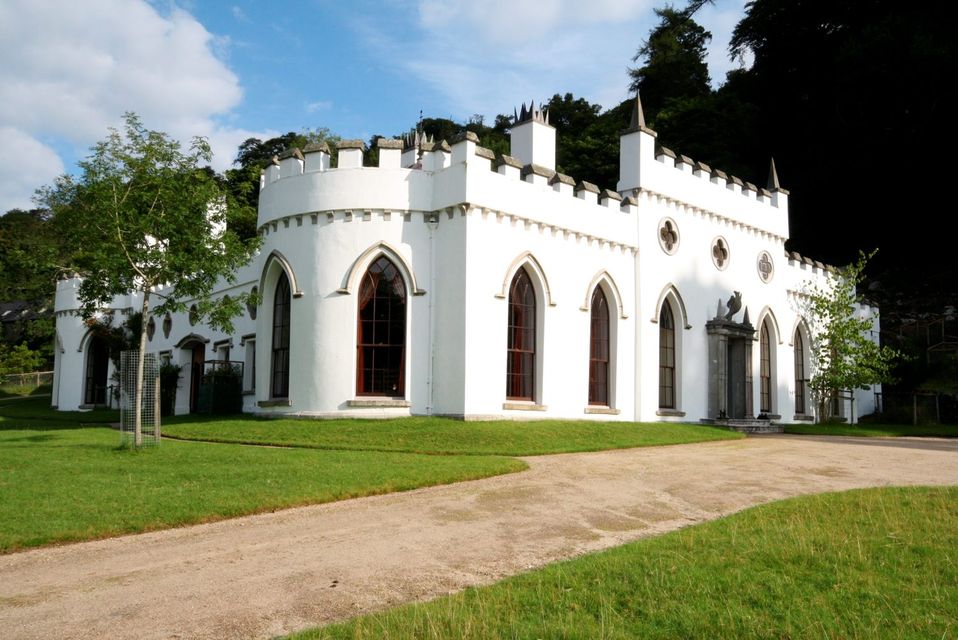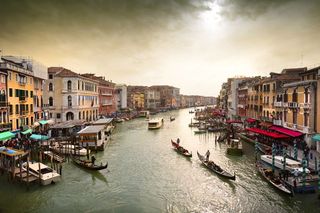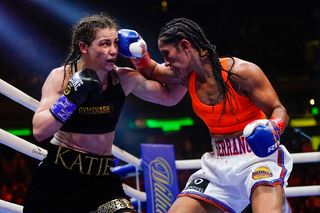Anglo-Irish lords of the manor cling on to their big estates
Vast tracts of land have been held for generations, writes Kim Bielenberg
Emma Eliza Regan and Randal Plunkett, 21st Baron of Dunsany, in Dunsany Castle. Photo: Gerry Mooney
The vast estates owned by aristocratic landlords were mostly broken up as a result of the Land Acts, which allowed tenants to buy their land, but some families have maintained huge holdings.
The vast estates owned by aristocratic landlords were mostly broken up as a result of the Land Acts, which allowed tenants to buy their land, but some families have maintained huge holdings.
Peregrine Andrew Mornay Cavendish, the 12th Duke of Devonshire, owns an 8,000 acre estate in the south-east, based around Lismore Castle in Co Waterford.
The estate is a mix of mountain, woodland and agricultural land. The family also owns Careysville House on 200 acres in Co Cork.
The family holdings of the Duke, known as 'Stoker' to his chums, include a 20-mile stretch of the River Blackwater with valuable fishing rights.
The retention by the aristocratic family of control of the river has regularly been the subject of controversy, particularly among anglers.
Lord Henry Mountcharles in Slane Castle. Photo: Lorraine Teevan
The estate may be vast by Irish standards, but it is a mere cabbage patch compared to his English holdings of 70,000 acres, which are mainly in Yorkshire and Derbyshire.
Lismore Castle was once owned by Sir Walter Raleigh and has been the Irish home of the Dukes of Devonshire since 1753.
The Duke, who has a fortune estimated at €1bn, caused a bit of stir when he said: "Aristocracy is dead."
His son and heir, William Cavendish, Earl of Burlington, is a photographer who goes by the name Bill Burlington.
Garech Browne
Lord and Lady Burlington pop over to Ireland regularly and have opened a contemporary art gallery in the west wing of Lismore Castle, which, along with the famous gardens, is open to the public.
The family of the Marquess of Waterford have held on to the Curraghmore Estate for much longer than the Devonshires and the demesne still runs to over 2,500 acres.
The present occupier, Henry Nicholas de la Poer Beresford, inherited the title on the death of his father last year.
The estate has been in the family's ownership for 800 years.
Luggala in the heart of the Wicklow Mountains
The Marquess's father, who played on the Duke of Edinburgh's polo team, devoted much of his time to maintaining the Curraghmore estate, with its large farm and extensive woods.
Polo is played in the grounds and among the attractions is a shell house built by the Countess of Tyrone. She encouraged local sea captains to bring her sea shells.
Asked recently in an interview how many rooms there were in the house, she replied: "I have no idea."
The family's landholdings in Ireland were much bigger until 2009, when they sold 7,000 acres of mountainous land in Wicklow to the State.
The area, which is now part of Wicklow Mountain National Park, includes mountains such as Mullaghcleevaun, Moanbane and Table Mountain.
The Guinnesses have sold many of their property assets in Ireland, including Farmleigh House, which was snapped up by the Government. But they are still major landowners.
The member of the family with the biggest estate in Ireland is Garech Browne, son of Oonagh Guinness and Lord Oranmore.
The colourful founder of Claddagh Records owns 6,000 acres at Luggala in the heart of the Wicklow mountains.
Although it is mostly mountainous scrub land, the estate is set in spectacular landscape that has cropped up in many films and is believed to be worth up to €20m.
When the house was advertised for rent recently, the price included the services of two private cooks, the use of a Rolls Royce and a Mercedes and the services of a butler/chauffeur named Eugene.
The wealthiest scion of the brewing family, Ned Guinness, the Earl of Iveagh, has concentrated on his interests in England recently.
He owns the 22,000-acre Elveden estate in Suffolk, making him one of the largest land owners in the UK. It is also a working estate and the Earl is reckoned to grow about 10pc of all the onions eaten in the UK.
After selling Farmleigh to the State for €29m, the family retained a 700-acre cattle farm at Kilrue, Mulhuddart, Co Dublin.
Few Irish landlords have retained such a self-contained kingdom as Alexander Rupert Baring, the Seventh Baron Revelstoke, whose family own Lambay Island off the north Dublin coast.
In the winter months, Lambay is inhabited by as few as three people - Lord Revelstoke and the two farm workers - but the population rises in the summer as members of the extended family come to visit.
Otherwise, this hidden paradise of 600 acres is occupied by cormorants, puffins, grazing cattle, a herd of deer and, most strangely of all, wallabies that hop along and cause bafflement among passing mariners.
The creatures were originally imported from Dublin Zoo, and have since bred wild on the island.
The main house and gardens were laid out by the legendary designer, Sir Edwin Lutyens, who revamped a 16th-Century fort on the site a century ago. The building is now regarded by experts as a hidden architectural treasure and has the atmosphere of a homely medieval palace.
During his six-decade stint on Lambay, the present lord's grandfather, Rupert, liked to pass the time gardening, playing chess until the early hours of the morning and writing doggerel poetry.
Lord Henry Mountcharles has shown himself to be one of the country's most innovative aristocrats and this has enabled the family to retain its 1,500-acre estate at Slane, Co Meath.
The estate not only became famous as an outdoor rock venue, but it is also used for weddings, conferences, business/training events and corporate hospitality.
Seven years ago, the family moved into the whiskey business with the Slane Castle Irish Whiskey
Last year, Brown Forman, the company behind Jack Daniel's, announced a investment in Slane Castle Irish Whiskey and the development of a new distillery on the estate.
Lord Mountcharles has shown that in order to keep a landed estate going, you need other business interests apart from farming.
Among those who have kept an estate going for centuries are the Plunketts of Dunsany Castle, near Dunshaughlin in Co Meath.
The present occupier is Randal Plunkett, 21st Baron of Dunsany, who is a director of zombie horror films.
Some of his movies have been shot in the 850-acre estate, which has been in the family since Norman times.
The estate consists of pasture, marsh and woods, as well as a three-acre walled garden.
The Baron traces his lineage to the Blessed Saint Oliver Plunkett, the 17th-Century archbishop who was executed.
Join the Irish Independent WhatsApp channel
Stay up to date with all the latest news
